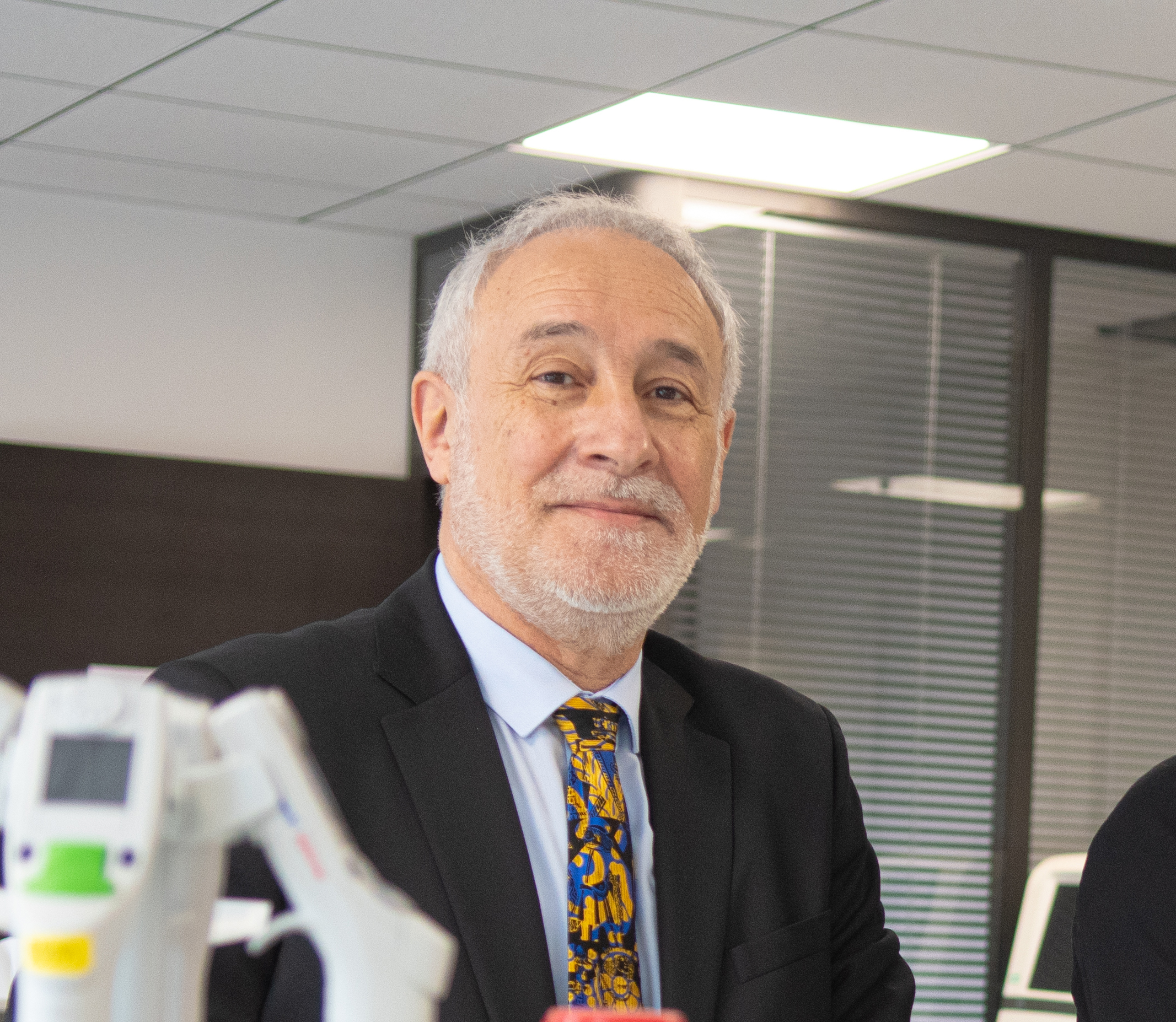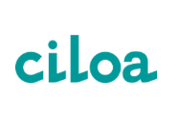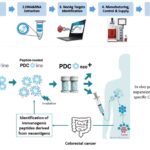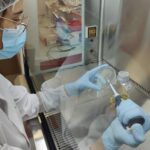Share this post:

- ‘DIADEME’ project awarded €6.5 million in government funding via France 2030, enabling Ciloa to advance development of its bio-drug APN-sEV (Adiponectin associated with exosomes), the world’s only recombinant, stable and functional form of Adiponectin
- First preclinical results confirm remarkable therapeutic potential in treatment of several metabolic diseases, in particular type 2 diabetes and obesity, affecting around two billion patients worldwide
- Ciloa plans to use funding to implement biomanufacturing of candidate APN-sEV and demonstrate that innovative biotherapy meets all safety criteria to enter clinical phases I and IIa in treatment of obesity and type 2 diabetes
Montpellier, France, July 8, 2025 – Ciloa, a pioneer in bioengineering extracellular vesicles to develop a new generation of therapeutics and preventive solutions to improve patients’ lives, announces today it has secured €6.5 million ($7.6M) of funding via the France 2030 ‘Biotherapies and Biomanufacturing of Innovative Therapies’ call for proposals, organized by Bpifrance on behalf of the French government. The funding will enable clinical development of Ciloa’s candidate APN-sEV (Adiponectin associated with exosomes) up to phase IIa in type 2 diabetes and obesity, and the implementation of large-scale manufacturing under GMP conditions (Good Manufacturing Practices).
Adiponectin is a hormone known as the ‘Guardian Angel’ of the metabolic system, due to its anti-inflammatory, antioxidative stress, antiapoptotic and insulin-sensitising properties. It demonstrates first-line therapeutic potential in several metabolic diseases, such as type 2 diabetes, cardiovascular and skin diseases, several retinopathies (ARMD, retinopathy of prematurity and diabetic retinopathy) and hormonal cancers; it could also help slow the ageing process.
“For over twenty years, people have tried and failed to produce a stable and functional form of adiponectin. We are the first to succeed, by combining adiponectin with small extracellular vesicles (sEV, or exosomes) to unlock its great therapeutic potential,” said Robert Z Mamoun, CEO of Ciloa.
Ciloa has developed a unique bioengineering technology for small extracellular vesicles with all types of proteins; the technology’s robustness is demonstrated by a portfolio of over 130 proteins targeted on or within the sEV. Thanks to its extensive experience in producing sEVs, Ciloa has addressed and optimized the entire sEV production, purification and characterisation process. By implementing its proprietary sEV bioengineering technology, and due to its reliable procedure, Ciloa has produced several batches of Adiponectin associated with exosomes (or APN-sEV) that have remained stable at 4°C for several months.
Effectiveness of APN-sEV in preclinical trials: addressing obesity and type 2 diabetes
This APN-sEV is functional and has demonstrated remarkable effectiveness in preclinical trials against obesity, type 2 diabetes and some of its implications for liver impairment. APN-sEV greatly reduces excess weight, clears fat storage in the tested organs, significantly increases insulin sensitivity and contributes to glucose regulation. Uniquely, APN-sEV helps to preserve all muscle mass, even in co-treatment with anti-diabetic products currently on the market.
“We have shown that the properties of APN-sEV stem from its action on specific metabolic pathways other than those targeted by current anti-diabetic products,” said Bernadette Trentin, CSO at Ciloa. “APN-sEV is therefore highly effective in complementing these medications, paving the way for a safer, more comprehensive and sustainable treatment of many metabolic diseases.”
With this funding, secured via the ‘DIADEME’ project, Ciloa will develop a first-in-class and first-in-human drug composed of adiponectin introduced via small extracellular vesicles. Ciloa will implement production of its candidate, APN-sEV, and conduct the regulatory preclinical trials required to ensure its safety. Ciloa will then launch phase I clinical trials in 2027, with phase IIa planned in 2028.
Ciloa will produce the biomedicine using its production line developed for bioengineered small extracellular vesicles. This includes the creation of stable lines, upstream processing (USP), downstream processing (DSP), and quality controls specific to engineered small extracellular vesicles and added proteins. To safely produce injectable APN-sEV for human use, the production line will be transferred under GMP conditions.
About the France 2030 investment plan
- It has a dual ambition: to sustainably transform key sectors of the French economy (health, energy, automotive, aeronautics and space industries) through technological innovation, and to position France not just as a participant, but as a leader in shaping the world of tomorrow. From fundamental research to the emergence of an idea and the production of a new product or service, France 2030 supports the entire innovation lifecycle up to its industrialisation
- It is unprecedented in scale: €54 billion will be invested to ensure that French businesses, universities and research organisations successfully navigate transitions in these strategic industries. The goal: to enable them to respond competitively to the ecological and attractiveness challenges of the future and to foster the emergence of future leaders in French fields of excellence. France 2030 is defined by two overarching objectives: dedicating 50% of its expenditures to decarbonising the economy and 50% to emerging actors driving innovation, without any spending detrimental to the environment (in line with the ‘Do No Significant Harm’ principle)
- It is implemented collectively: designed and deployed in consultation with economic, academic, local and European stakeholders to define strategic directions and flagship actions. Project leaders are invited to submit their proposals through open, rigorous and selective procedures to benefit from state support
- It is overseen by the General Secretariat for Investment on behalf of the Prime Minister and implemented by the French Agency for Ecological Transition (ADEME), the National Research Agency (ANR), Bpifrance and the Banque des Territoires (CDC)
For more information, visit: www.gouvernement.fr/france-2030 | @SGPI_avenir
About Bpifrance
Bpifrance finances companies – at each stage of their development – in credit, guarantees and equity. It supports them in their innovation and international projects. Bpifrance also ensures their export activity through a wide range of products. Consulting, university, networking and acceleration programs for startups, SMEs and midcaps are also part of the offer available to entrepreneurs. Thanks to Bpifrance and its 50 regional offices, entrepreneurs benefit from a close, unique and efficient contact person to help them face their challenges.
www.Bpifrance.fr – presse.bpifrance.fr/ –
Follow us on X: @Bpifrance – @BpifrancePresse and LinkedIn
About Ciloa
Ciloa is a French biotechnology company that spun out of the French National Centre for Scientific Research (CNRS) and the University of Montpellier. It is a pioneer in in vivo bioengineering of small extracellular vesicles for therapeutic and preventative purposes. Based in Montpellier, Ciloa has a patented proprietary technology supported by its EVENGI platform, which has produced more than one hundred sEVs containing different proteins of medical interest. Currently, the main applications are metabolic diseases, vaccines against emerging viral threats and oncology. Ciloa’s DIADEME project has been reviewed and certified by the Eurobiomed competitiveness cluster.
To download documents, you can right-click on the links above and chose « Save link as… »




